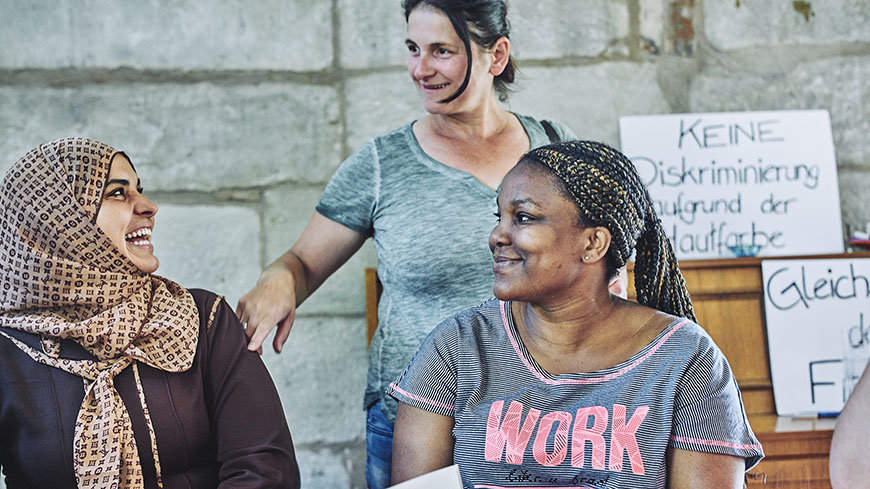Council of Europe: Anti-discrimination and inclusion - practical tools for reaping the benefits of migrant integration

Intercultural integration plans must be well-designed and managed to strengthen European societies and include everyone, including migrants. The Council of Europe's Steering Committee on Anti-discrimination, Diversity, and Inclusion (CDADI) adopted two practical documents (Capacity Building Programme and Tools for the Integration of Migrants & Handbook for the Design of Training Courses on Intercultural Competence) to help states ensure that policy-makers, civil servants and the general public see diversity as a collective advantage that benefits migrants and society as a whole.
The Council of Europe's intercultural integration paradigm emphasizes equality, diversity, meaningful engagement, and active citizenship. This strategy assumes that "integration is a two-way street" and uses intercultural engagement to bridge various populations.
Numerous studies show that local and national ethnic and religious diversity improves economic and social well-being. Diversity's benefits aren't automatic. Diversity demands policies that make society truly inclusive and manage conflicts that may endanger community cohesion.

